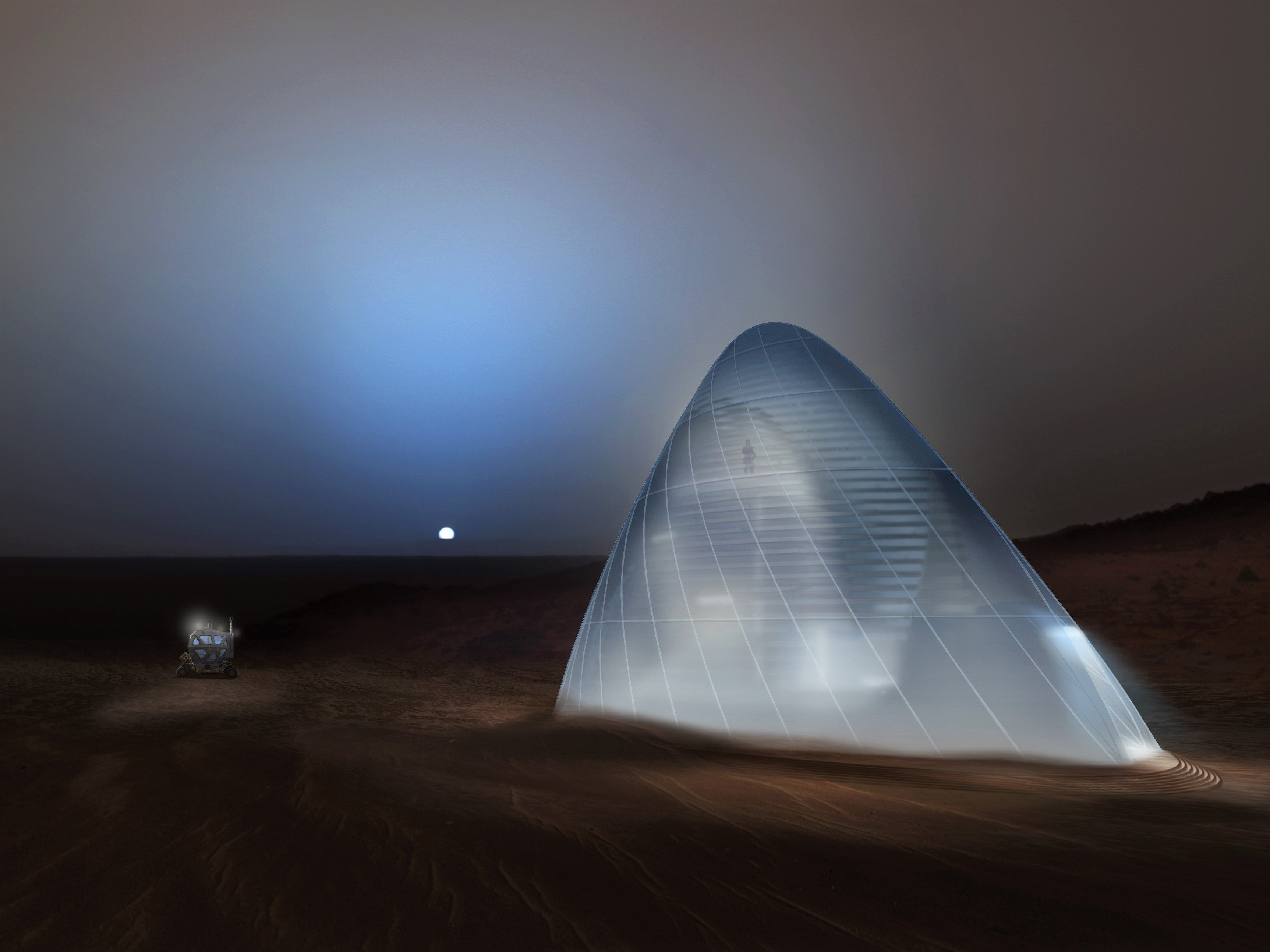Elon Musk reaffirms pledge to build human colony on Mars after becoming world’s richest person
‘Half my money is intended to help problems on Earth and half to help establish a self-sustaining city on Mars,’ Tesla and SpaceX boss says

Your support helps us to tell the story
From reproductive rights to climate change to Big Tech, The Independent is on the ground when the story is developing. Whether it's investigating the financials of Elon Musk's pro-Trump PAC or producing our latest documentary, 'The A Word', which shines a light on the American women fighting for reproductive rights, we know how important it is to parse out the facts from the messaging.
At such a critical moment in US history, we need reporters on the ground. Your donation allows us to keep sending journalists to speak to both sides of the story.
The Independent is trusted by Americans across the entire political spectrum. And unlike many other quality news outlets, we choose not to lock Americans out of our reporting and analysis with paywalls. We believe quality journalism should be available to everyone, paid for by those who can afford it.
Your support makes all the difference.Elon Musk has reiterated his pledge to build a self-sustaining city on Mars using his vast wealth.
The technology billionaire, who overtook Jeff Bezos on Thursday to become the world’s richest person, pinned a post from 2018 to his Twitter profile explaining what he plans to do with his money.
“About half my money is intended to help problems on Earth and half to help establish a self-sustaining city on Mars to ensure continuation of life (of all species) in case Earth gets hit by a meteor like the dinosaurs or WW3 happens and we destroy ourselves," the tweet stated.
The post was the continuation of a thread that made an attempt to justify his immense fortune.
“You should ask why I would want money,” he tweeted. “The reason is not what you think. Very little time for recreation. Don’t have vacation homes or yachts or anything like that.”
Mr Musk, whose net worth now tops $185 billion, has spoken frequently of his plans to set up a human colony on Mars, claiming that he plans to die on the Red Planet.
As the CEO of SpaceX, he has already made considerable progress towards sending the first humans to Mars – a goal he claims could be achieved as early as 2024.
Last month, SpaceX performed a largely successful flight test of its Starship spacecraft, which it hopes to use to ferry cargo and people around the solar system.
SpaceX sparked controversy in October after the Terms of Service within its Starlink internet project revealed that the firm may not recognise international law in any future colonies.
“Disputes will be settled through self-governing principles, established in good faith, at the time of Martian settlement,” the terms stated, adding that it recognised Mars as a “free planet”.


Join our commenting forum
Join thought-provoking conversations, follow other Independent readers and see their replies
Comments